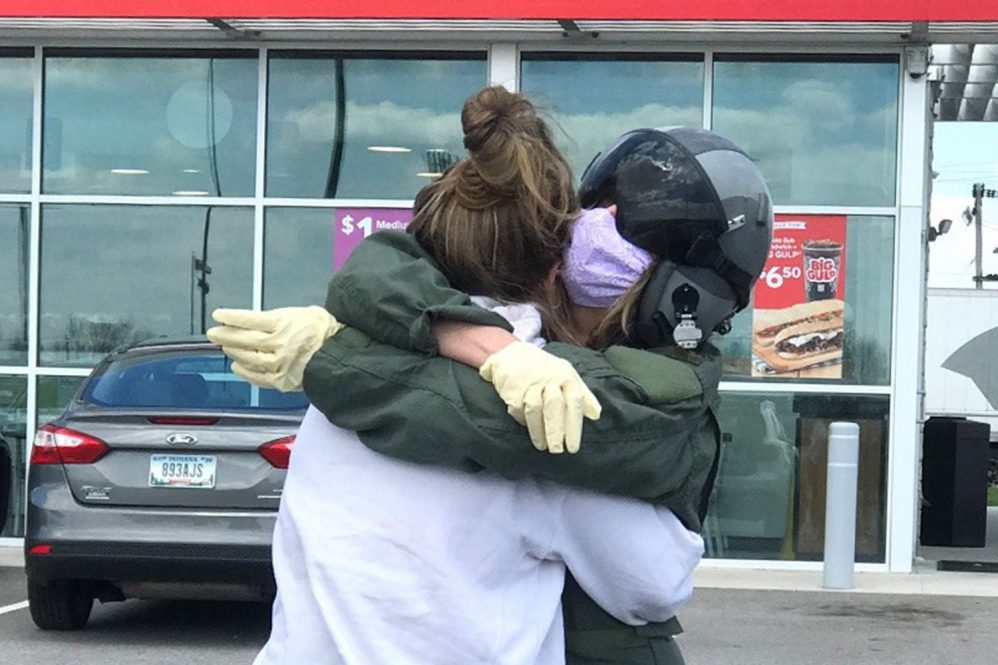Four years.
Today marks four years since we were told to stay home, just for two weeks, to “flatten the curve.” March Madness was canceled. Tom Hanks tested positive. And fear was mounting as hospitals became packed with sick people, personal protective equipment became scarce, and, everywhere, people started dying of COVID-19.
While many of us were scrounging for hand sanitizer and figuring out whether it was safe to handle our mail, researchers at UConn and the world over wasted no time. They began designing better ventilators and masks, developing vaccines, improving logistics to deliver PPE.
And then there was UConn anthropology professor Sarah Willen, who quickly recognized we were living through history that should be documented in real time. Having journaled throughout her life, Willen figured a series of online questions prompting journal-like entries that recorded individual pandemic experiences would prove valuable to researchers in her field and in others, especially history.
Since its launch in May 2020, the ongoing “Pandemic Journaling Project” has amassed more than 27,000 entries, capturing the observations of and emotions experienced by real people across the globe throughout this mass event.
“Anthropologists aren’t the kind of researchers who know how to build an air purifier with, like, a piece of string and duct tape and a hair dryer. We don’t know how to do that sort of thing. But we do know how to create a welcoming, nonjudgmental space,” says Willen, who enlisted Brown University anthropologist Katherine A. Mason as her partner on the project. “So we did, and all sorts of people brought all sorts of experiences into it.”



